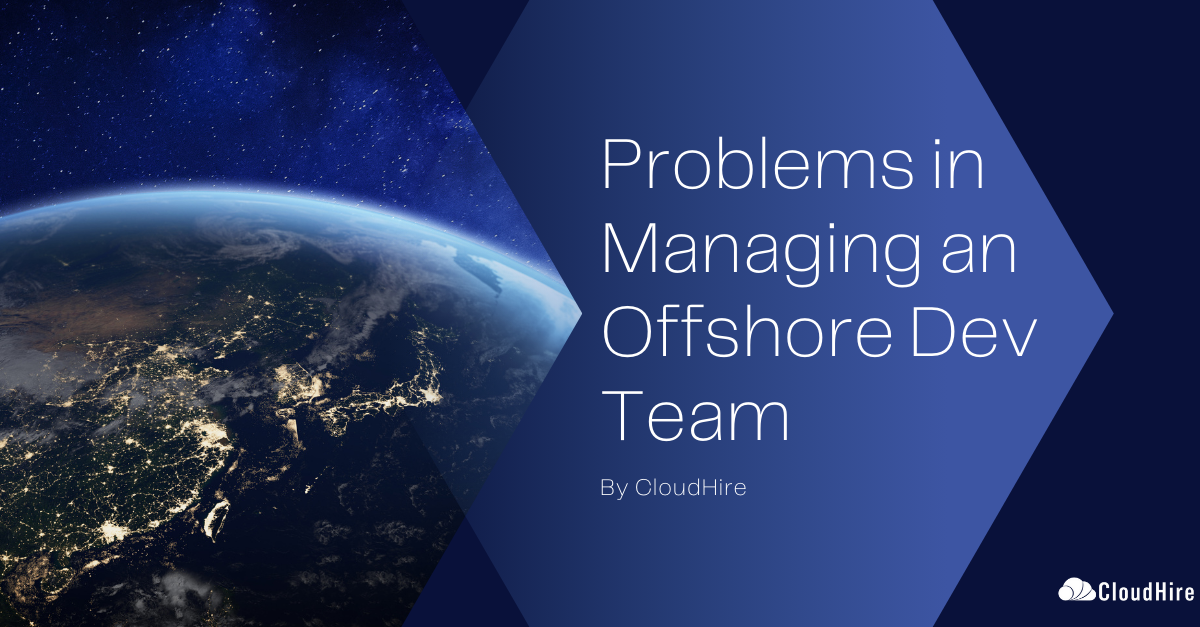The finance world is growing and evolving. Does it affect Talent Acquisition? Yes. It does more than affect. TA plays a pivotal role in shaping organizations’ success, and the finance industry is no exception. As companies strive to stay competitive and innovative, finding and retaining top talent has become more crucial than ever. To gain insights into the challenges and strategies of talent acquisition in the finance industry, we spoke with Ana Czapla, a seasoned Talent Acquisition Professional with over a decade of experience.
The Changing Face of Finance Recruitment
The finance industry has undergone significant transformations in recent years, driven by technological advancements, regulatory changes, and shifting market dynamics. These changes have had a profound impact on the skills and expertise required from professionals in the sector. Ana Czapla highlights the importance of regulatory expertise and the growing demand for ESG knowledge in recruitment, particularly in the finance industry.
Regulatory Expertise: A Key Differentiator
Ana emphasizes that a deep understanding of financial regulations is no longer just a preference but a necessity for many roles within the industry. As regulatory frameworks become increasingly complex, organizations are seeking professionals who can navigate these intricacies effectively. This shift has led to a growing demand for candidates with specialized knowledge in areas such as compliance, risk management, and regulatory reporting.
The Rise of ESG: A New Frontier in Finance
One of the most significant trends reshaping the finance industry is the growing emphasis on Environmental, Social, and Governance (ESG) factors. Ana notes that finding professionals with expertise in ESG implementation and reporting has become a major challenge for many organizations. As sustainability and responsible investing gain prominence, companies are scrambling to build teams with the right mix of financial acumen and ESG knowledge.
To address this skills gap, forward-thinking organizations are adopting a two-pronged approach:
- Targeted recruitment: Actively seeking candidates with ESG expertise from both within and outside the traditional finance talent pool.
- Upskilling initiatives: Investing in training programs to equip existing employees with ESG knowledge and skills.
Technology in Talent Acquisition: Balancing Efficiency and Human Touch
While technology plays an increasingly important role in talent acquisition, Ana’s insights reveal that many finance organizations are still in the process of finding the right balance between technological efficiency and the human element of recruitment. Her experience with one of the Applicant Tracking System (ATS), highlights both the benefits and challenges of implementing such tools in a large financial services organization. While the system streamlines many aspects of the recruitment process, Ana notes that its complexity can sometimes create hurdles for both recruiters and candidates.
Benefits of ATS implementation:
- Streamlined application process
- Improved candidate tracking
- Enhanced data management and reporting capabilities
Challenges:
- Complex user interfaces requiring extensive training
- Potential for over-reliance on automated screening, potentially missing out on valuable candidates
- Integration issues with existing HR systems
Ana suggests that while ATS and other technological solutions can greatly enhance the recruitment process, they should not replace the critical human elements of talent acquisition, such as relationship-building and nuanced candidate assessment.
Global Talent Pool: Opportunities and Challenges
The finance industry has become increasingly global, with organizations seeking talent from diverse backgrounds and locations. Ana’s experience working with a company boasting over 100 nationalities highlights the importance of cultivating a truly international workforce. This diverse talent pool brings both opportunities and challenges::
Opportunities:
- Access to a wider pool of skills and expertise
- Enhanced diversity and inclusion
- Improved cultural competence and global market understanding
Challenges:
- Navigating immigration and work permit regulations
- Managing relocation processes and costs
- Ensuring cultural integration and effective communication
To address these challenges, Ana recommends developing comprehensive relocation packages and fostering an inclusive work environment that celebrates diversity. Additionally, organizations should consider partnering with global talent acquisition specialists who can navigate the complexities of international recruitment and provide valuable insights into local labor markets.
Remote Work: Reshaping the Talent Landscape
The COVID-19 pandemic has accelerated the adoption of remote work across industries, and finance is no exception. Ana notes that her organization has embraced a hybrid work model, with employees typically working from home four days a week and in the office one day. This shift has significant implications for talent acquisition:
- Expanded talent pool: Organizations can now recruit from a wider geographic area, potentially accessing previously untapped talent markets.
- Increased competition: With location becoming less of a barrier, companies must compete more fiercely for top talent.
- New skill requirements: Remote work demands strong communication, self-motivation, and digital literacy skills.
While remote work offers numerous benefits, Ana cautions that organizations must carefully consider the implications for team cohesion, company culture, and regulatory compliance, particularly in the highly regulated finance sector.
Building a Strong Employer Brand
In today’s competitive talent market, a strong employer brand is crucial for attracting top candidates. Ana shares that her organization has invested significantly in employer branding initiatives, including:
- Campus partnerships: Developing close relationships with universities to engage with emerging talent.
- Industry events: Participating in finance and technology-focused events to showcase the organization’s expertise and culture.
- Social media presence: Leveraging platforms like LinkedIn to share company news, employee stories, and job opportunities.
These efforts have yielded positive results, with the organization seeing a substantial increase in application numbers and quality over recent years.
Diversity and Inclusion: More Than Just Numbers
Ana emphasizes that diversity and inclusion should be at the forefront of any talent acquisition strategy in the finance industry. While her organization embraces diversity and values a culture that brings together varied talents, backgrounds, and perspectives, she notes that – like any other organization, ensuring an effective diversity and inclusive environment requires constant attention at any level.
To promote diversity and inclusion:
- Implementing blind recruitment processes to reduce unconscious bias
- Setting clear diversity targets and regularly measuring progress
- Offering mentorship and development programs for underrepresented groups
- Hosting diversity-focused events and initiatives to attract diverse talent
Continuous Learning and Development: Retaining Top Talent
In the fast-paced finance industry, continuous learning and development are essential for both attracting and retaining top talent. Ana shares that her organization is focusing on upskilling initiatives and internal mobility programs to address skill gaps and provide growth opportunities for employees.
Key elements of their approach include:
- Skills mapping: Identifying current and future skill requirements across the organization
- Personalized learning paths: Offering tailored training and development programs based on individual career goals
- Internal job markets: Promoting internal mobility to retain talent and fill skill gaps
- Mentorship programs: Pairing experienced professionals with emerging talent to facilitate knowledge transfer
By investing in employee development, organizations can not only address immediate skill gaps but also build a more engaged and loyal workforce.
The Future of Talent Acquisition in Finance
As the finance industry continues to evolve, talent acquisition strategies must adapt to meet new challenges and opportunities. Based on Ana’s insights and industry trends, here are some key areas that will shape the future of talent acquisition in finance:
- AI and machine learning: Increased adoption of AI-powered tools for candidate screening, assessment, and matching.
- Soft skills emphasis: Greater focus on adaptability, emotional intelligence, and critical thinking alongside technical expertise.
- Gig economy integration: Exploring flexible talent models to access specialized skills on-demand.
- Predictive analytics: Leveraging data to forecast talent needs and optimize recruitment strategies.
- Ethical AI: Ensuring fairness and reducing bias in AI-driven recruitment processes.
Conclusion
The finance industry is at a crossroads, facing unprecedented challenges and opportunities in talent acquisition. As organizations navigate this complex landscape, they must balance technological innovation with human-centric approaches, embrace diversity and inclusion, and foster a culture of continuous learning and development.
By adopting forward-thinking strategies and remaining adaptable to change, finance organizations can build high-performing teams capable of driving success in an increasingly competitive and dynamic industry. As the global talent market continues to evolve, partnering with experienced talent acquisition specialists who understand the nuances of the finance sector can provide a significant competitive advantage.
Companies like CloudHire, with their expertise in global remote staffing and talent search, are well-positioned to support finance organizations in navigating these challenges. By leveraging their deep understanding of international labor markets and remote work best practices, such partners can help finance firms build diverse, skilled, and adaptable teams ready to meet the demands of the future.








